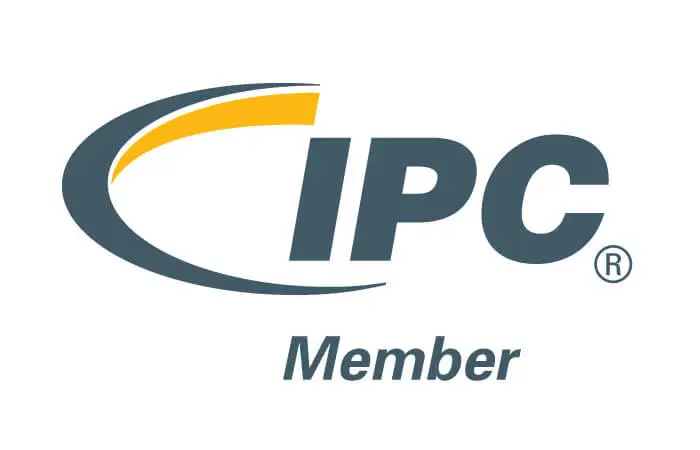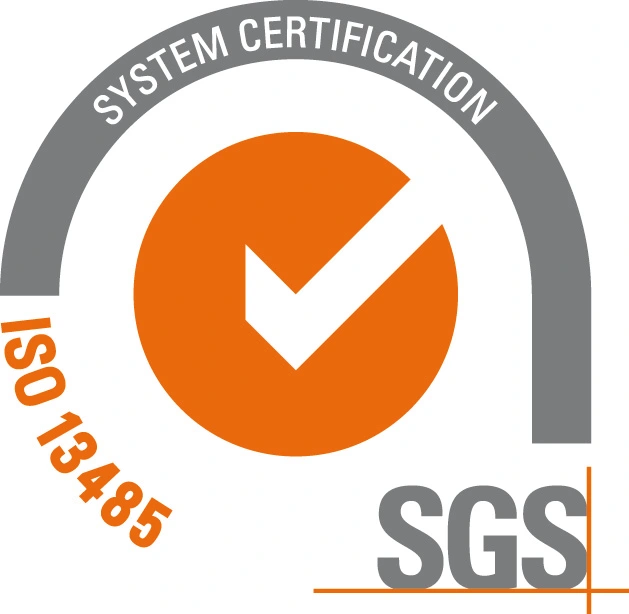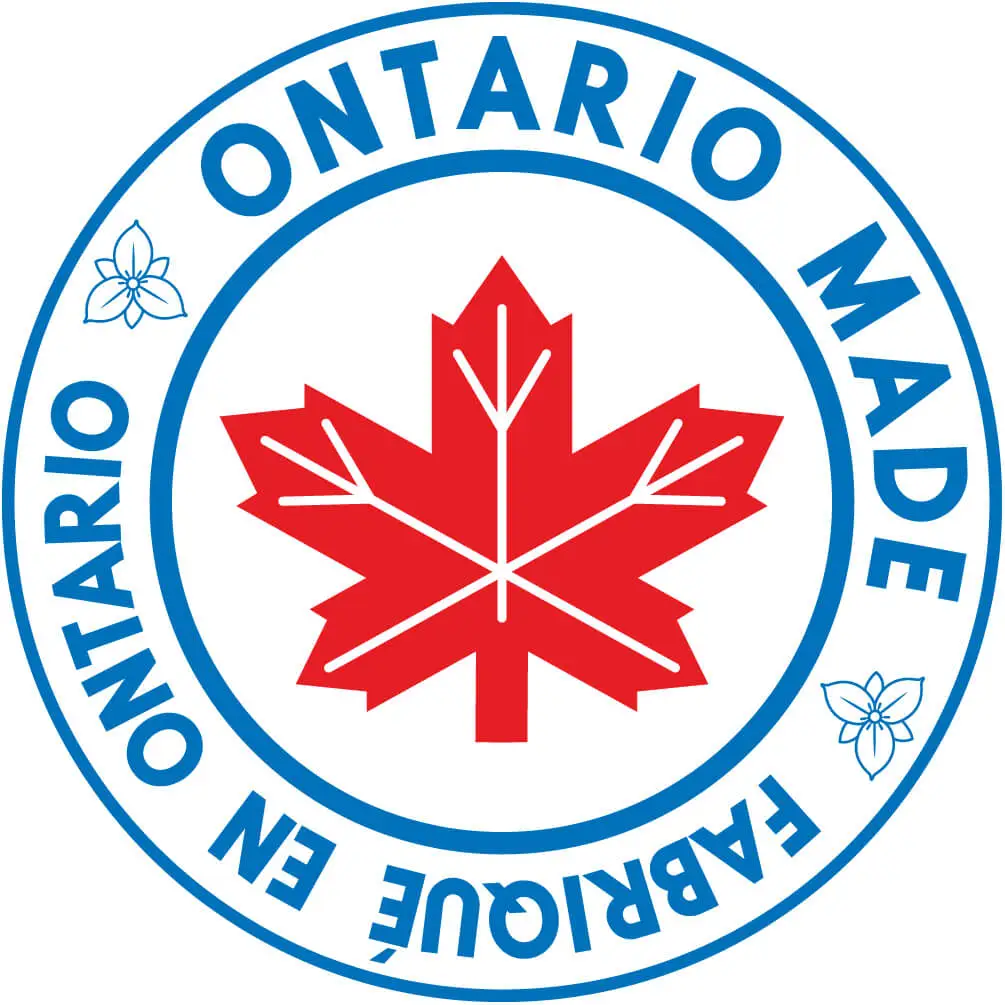TURN-KEY PCB ASSEMBLY: BITTELE ELECTRONICS
PCB MANUFACTURING AND ASSEMBLY
Full Turn-Key PCB Manufacturer
You can quickly get quotes and order PCB fabrication and assembly using our online system. Take advantage of exclusive automatic discounts with our tool. Our BOM pricing tool ensures you receive the lowest price for your order.
START A TURN-KEY PCB ORDER
How Does Bittele Handle Engineering Change Orders?
Engineering Change Orders, also known as Engineering Change Notes or Engineering Change Notices, describe any updates to a project’s PCB Design Files that take place during PCB Fabrication or PCB Assembly. Clearly, this is not an ideal circumstance, and it is true that Engineering Change Orders are disruptive to the PCB Assembly Process, but mistakes happen in design work, and sometimes an Engineering Change Order is unavoidable. At Bittele Electronics, we understand this reality of PCB design, and we have taken steps to ensure that the impact of an Engineering Change Order on your PCB project will be kept to a minimum. This article describes the various strategies we employ to handle Engineering Change Orders on your projects, with the aim of giving our clients a clear view of how best to specify and manage changes to their PCB projects with Bittele.
As a general rule, Engineering Change Orders become increasingly problematic the later they occur in the production process. Of course, the extent of the issue also depends upon the specific change that is desired, and some changes are simply not possible to make after a certain point in the process, and might require that the project be scrapped and begun again from scratch. In order to help minimize the potential for late-stage Engineering Change Orders, we provide a comprehensive DFM Checking service for every order, which is performed as soon as your order is received. Bittele’s highly trained Quality Assurance engineers will review your Gerber Files, Bill of Materials, and Centroid Data in detail, and raise any questions with you directly before beginning the first stages of the PCB Fabrication process.
The majority of Engineering Change Orders arise as a result of DFM Checking, where our production team notices a potential error which is subsequently corrected by our client. These Engineering Change Orders will normally have very little or no impact on the production process, at most adding a day or two to the PCB Project Lead Time. Other common Engineering Change Orders include part substitutions for components with identical PCB Footprints, which can normally be handled by our Parts Procurement team with little or no impact on the production process. For our Complete PCB Assembly projects, we handle parts procurement concurrently with PCB Fabrication, so clients have some leeway to specify a part substitution while still allowing for us to purchase and receive the part in question before PCB Assembly is scheduled to begin. For part substitutions made at later stages in the project, clients should expect a longer delay since PCB Assembly may have to be placed on a temporary hold.
The more concerning Engineering Change Orders are those which relate to the physical attributes of the PCB itself, those that deal with the PCB Fabrication rather than the PCB Assembly. Changes in aspects such as part footprints, Drill Sizes or locations, PCB Routing, or copper traces are likely to cause more significant delay, as well as additional cost, if they are specified after the point of DFM Checking. At this point, our production team must decide if it is possible, practical, and cost effective to rework the PCBs in order to fit your new specifications; otherwise, the project will have to be scrapped and started over again. Thanks to our thorough quality assurance guidelines, these incidents are extremely rare, but we are still experienced in dealing with them as efficiently as possible.
All Engineering Change Orders should be sent to your Bittele account manager, who is the team member that develops your PCB quotation. Your account manager can provide you with immediate PCB Customer Service expertise, and also forward the relevant information to the rest of our team as necessary.
If you still find yourself with any questions about Engineering Change Orders in PCB project, or to get started on your project with Bittele today, you can Contact Us at any time! You can reach us via email at sales@7pcb.com, or toll free at 1-888-812-1949.
Related Articles:
Please briefly describe the information you are seeking in the search bar below.






 English
English